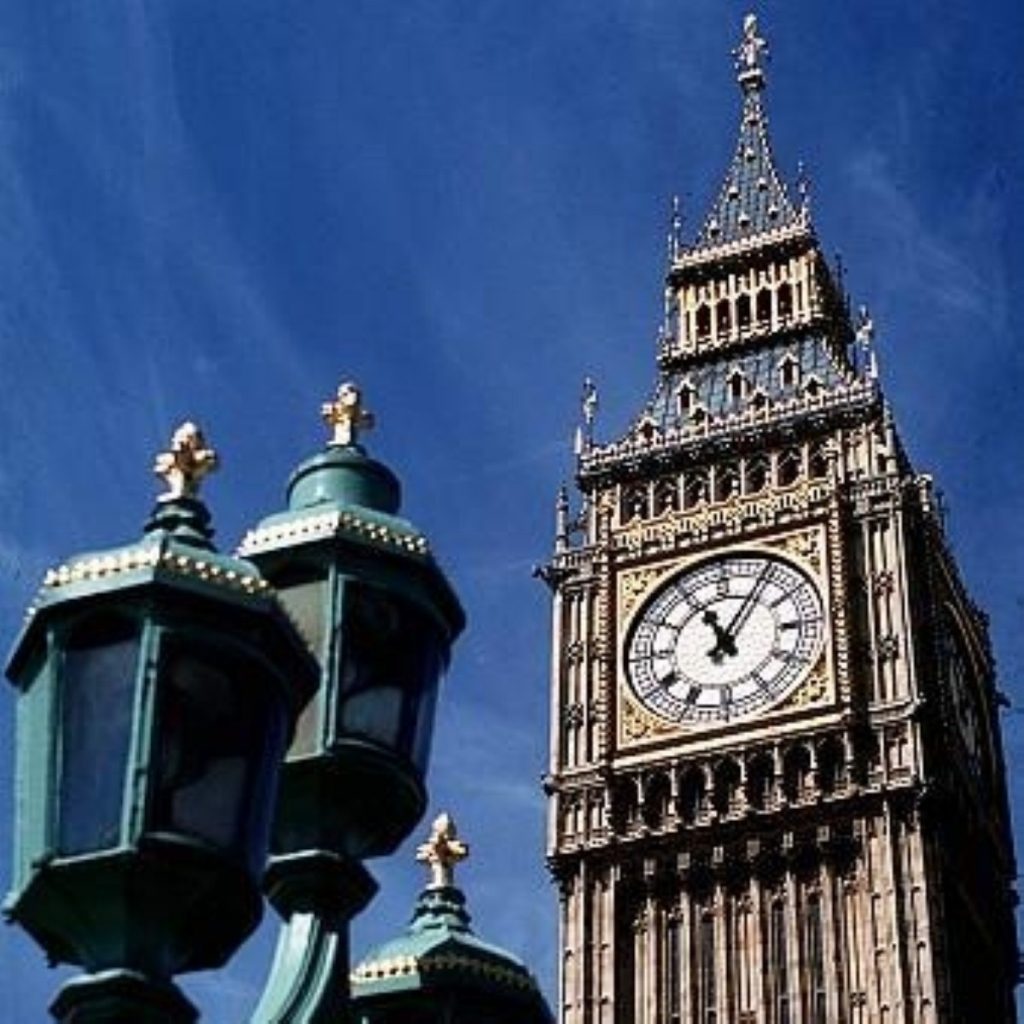End of an era for the Lords
By Liz Stephens
Today is the last day that the House of Lords functions as the highest appeal court in the UK, bringing sweeping changes to the role and work of the House.
From October a new UK supreme court will operate, completely separating the judicial function of the courts from the legislative function of parliament.
The final judgements and appeal hearings in the House of Lords took place at 16:30 BST today.


In a statement to the House, Baroness Royall of Blaisdon said: “This is a significant day for this House, and a sad one too, but it is also an important day for British justice, for the British justice system, and for this country: its history and its future.”
The current lords of appeal in ordinary (the law lords) will be the first justices of the supreme court.
In order to retain their independence they will be suspended from the House of Lords.
On retiring from the supreme court they will be able to return to the Lords as full members. However, newly-appointed justices of the supreme court will not automatically be awarded seats in the upper house.
The changes to the Lords were motivated by concerns that the mixing of legislative, judicial, and executive powers could be in breach of the European Convention on Human Rights.
The convention states that if a judicial officer has legislative or executive power as well, they are not considered sufficiently impartial to provide a fair trial.
The UK supreme court was approved in the Constitutional Reform Act of 2005 but has taken a while to come into being as there were delays in finding a suitable home for it.
There is likely to be ongoing argument over the £12.3 million running budget, costs that were largely subsumed into the overall running costs for the House of Lords while the appeal hearings were taking place there.
Justice minister Lord Bach earlier defended the extra funding required, saying: “The supreme court is a wise use of taxpayers’ money”.
Another controversial move will be the television broadcast of appeal cases in the supreme court, which will be a first for any court in England and Wales.
The Lords reforms are the latest in a string of major reforms to the upper house and follow the removal of almost all hereditary peers.
Earlier this week, the Commons’ justice committee warned the government was rushing laws through parliament and criticised the proposals to elevate people to the Lords to serve as ministers as potentially damaging.
Committee chairman Sir Alan Beith said: “While we welcome the government’s interest in constitutional reform, and its desire to restore public trust in parliament and the political process, we cannot have rushed and piecemeal changes which will affect the way our country is governed for generations to come.”
Meanwhile some legal experts say the changes will have little impact on British justice.
“It’s significant but not a big change. It’s going to be the same judges and have the same legal jurisdiction,” said Andrew de la Sueur, professor of public law at London’s Queen Mary University. “That makes me think that we shouldn’t expect any significant change in the substance of judicial decisions.”
The new court will be housed opposite the Houses of Parliament in Parliament Square – in what was formerly the Middlesex Guildhall.












